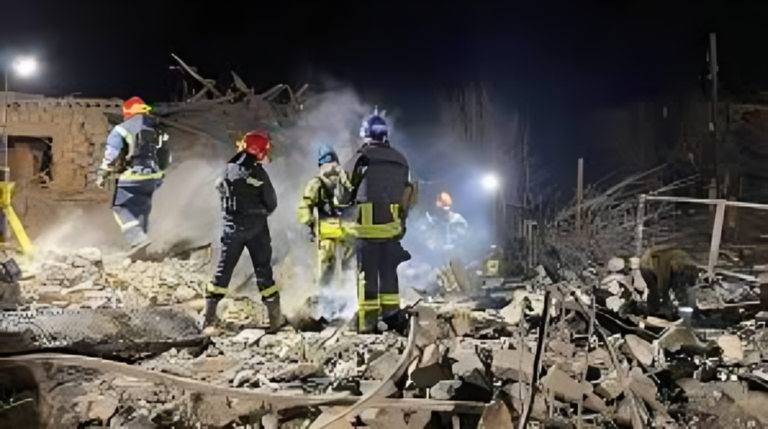A surging mpox outbreak in Africa, which was declared an emergency by the continent’s health agency on Tuesday, is being driven by a new, more transmissible strain of the virus.
The Africa Centres for Disease Control and Prevention (Africa CDC) declared its first-ever Public Health Emergency of Continental Security (PHECS) for the deadly disease.
World Health Organization experts are also set to meet on Wednesday to weigh sounding the UN agency’s highest alarm.
If the WHO declares a Public Health Emergency of International Concern (PHEIC), it would be the second time for mpox since the virus spread around the world in 2022.
But the new outbreak, which has been crossing borders from its epicenter in the Democratic Republic of Congo to other African nations, is being driven by a new strain of the virus which has alarmed health experts.
Here is what you need to know.
– What is mpox? –
The infectious disease formerly known as monkeypox was first detected in humans in the DRC in 1970.
There are two subtypes of the virus: clade I and clade II.
The deadlier clade I has been endemic in the Congo Basin in central Africa for decades.
The less severe clade II has meanwhile been endemic in parts of West Africa.
Until the last few years, outbreaks were mostly sparked by people catching the virus from infected animals such as rodents, for example when eating bushmeat.
Symptoms include fever, muscular aches, and large boil-like skin lesions.
– The global outbreak? –
The virus rose to greater prominence in May 2022, when a new less deadly strain called clade IIb spread across the world, mostly affecting gay and bisexual men.
The WHO declared a PHEIC in July 2022 which lasted until May 2023.
Between January 2022 and June 2024, 208 deaths and more than 99,000 mpox cases were recorded across 116 countries, according to the WHO.
– The new strain? –
Unlike the 2022 global outbreak, the latest surge has been driven by the deadlier clade I — as well as its new mutated variant.
The new strain, called clade Ib, was first detected among sex workers in the remote mining town of Kamituga in the DRC’s South Kivu province in September 2023.
Unlike previous outbreaks in the central African country, the new strain has been partly driven via sexual transmission, including between heterosexuals, researchers have said.
It has also been recorded spreading through non-sexual contact between people, including children playing together at school.
Clade Ib causes death in around 3.6 percent of cases, though infants and children are more at risk, according to the WHO. It also causes more severe disease than clade II.
Almost all of the DRC’s provinces are now affected by either clade I or clade Ib, Jean Claude Udahemuka, a researcher at the University of Rwanda studying the outbreak, told AFP.











+ There are no comments
Add yours